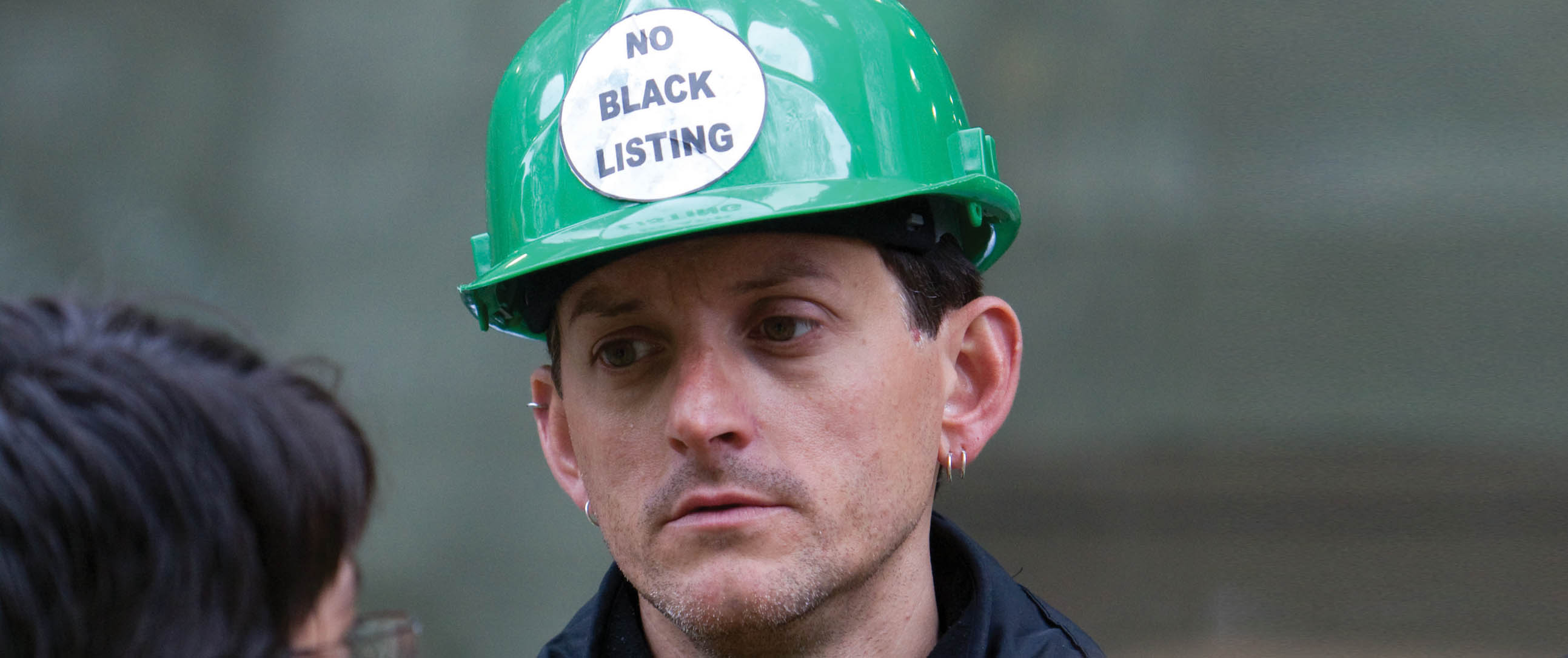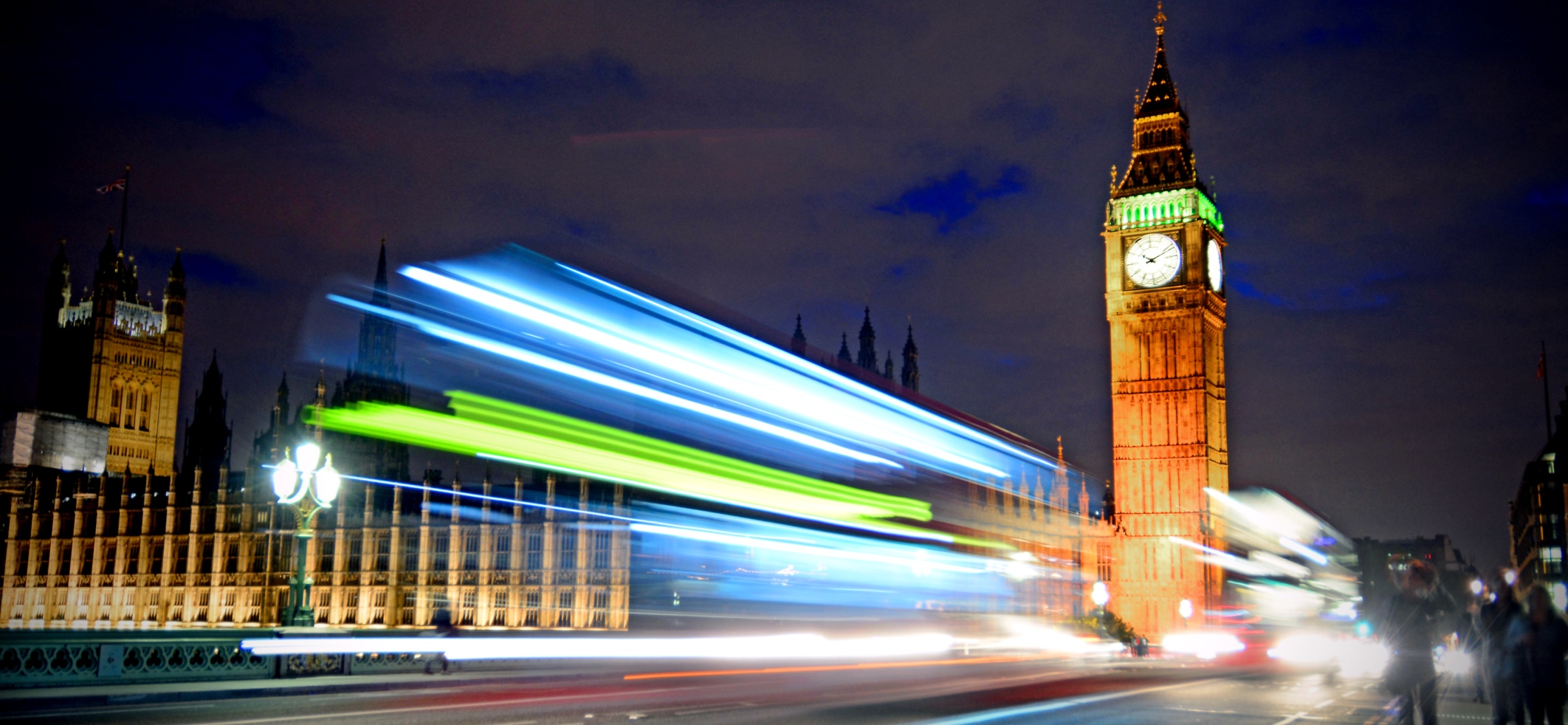The lobby before the storm?
Next Tuesday (November 10) MPs will consider the government’s sinister trade union Bill at report stage and third reading; today workers from across the country will greet them outside of Parliament in a last ditch attempt to stop this legislation described as “ideological and provocative” by former Lib Dem business secretary Vince Cable.
Workers are out lobbying MPs today (November 2) because the bill is a sinister attack on their rights; it will fundamentally change the relationship between employers and employees, tipping the scales even further in favour of the former.
Thresholds
One of the central planks of the government’s attack on trade unions is the imposition of 50 per cent thresholds for strikes. For workers in essential public services to go on strike, 40 per cent of people eligible to vote must do so in favour of industrial action.
Tory business secretary Sajid Javid claims this is democratic, despite the fact that his party won the last general election with the support of only 24 per cent of people who were eligible to vote.
Unite general secretary Len McCluskey offered an olive branch to the Tories. He said he would agree to these plans if the government allowed for online, electronic and secure workplace voting; a system the Tories used for their own London mayoral contest.
Refused
Despite claiming that the trade union bill heralds an era of trade union modernisation, David Cameron has refused McCluskey’s request on the spurious grounds that this would be open to fraud. The Electoral Reform Society has said quite the opposite.
If the changes to strike thresholds go ahead in their current archaic form they’ll undermine workers’ democratic right to go on strike.
If unions manage to arrange lawful industrial action, there are more hoops they’ll have to jump through. The government will require them to provide “picket supervisors” at all strikes.
Armbands
These supervisors will have to wear a visible armband, carry an authorisation letter and inform the police of their name contact details and the picket location. If they’re deemed to have broken this new rule, unions could face a £20,000 fine.
But make it past this stage and the government will try to undermine industrial action by allowing companies to bring in agency staff on strike days. Not only will this defeat the point of the strike, it also puts agency staff desperate work in an extremely difficult position. This is the Tories aim: to pit workers against one another.
This is only the beginning of the government’s attack on workers’ rights; they’re trying to financially cripple unions like Unite by making them pay to be policed. The government will appoint a certification officer who will regulate, investigate and fine unions, who’ll have to pay for this through a levy.
In the public sector they’re also attempting to scrap the check off system, whereby subs are taken out of members’ pay packets.
Unions will be tied up in financial tape; spending their time helping members set up direct debits. McCluskey has pointed out that the “pernicious” bill will turn unions into “nothing more than advice agencies”.
Strong workplace rights are good for all workers’, not just union members. The government knows if they can divide employees with this bill, they can decimate workers’ rights – that’s why we need to take a stand against it.
Pictured are London bus workers on strike – from earlier this year. By Mark Thomas Â
 Like
Like Follow
Follow


